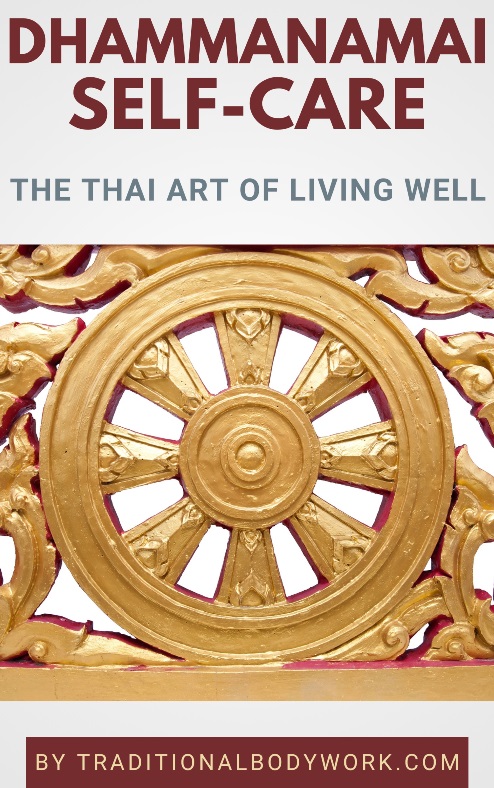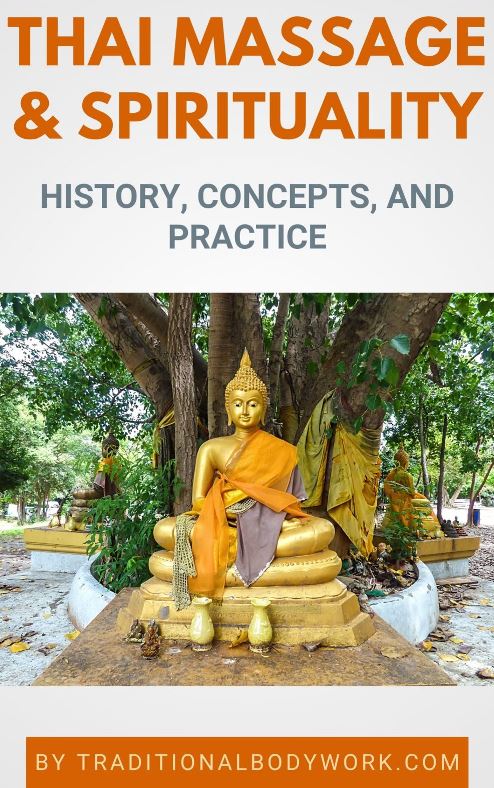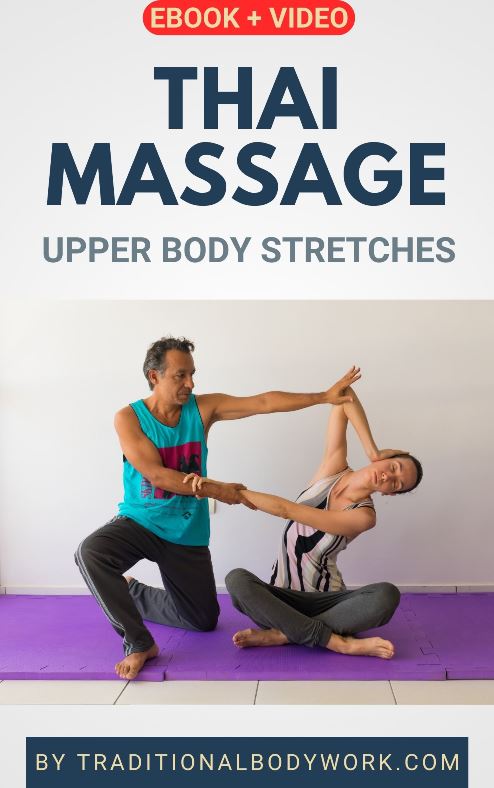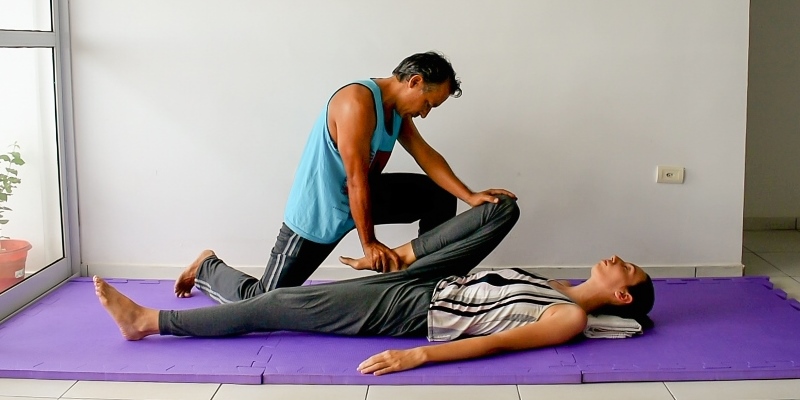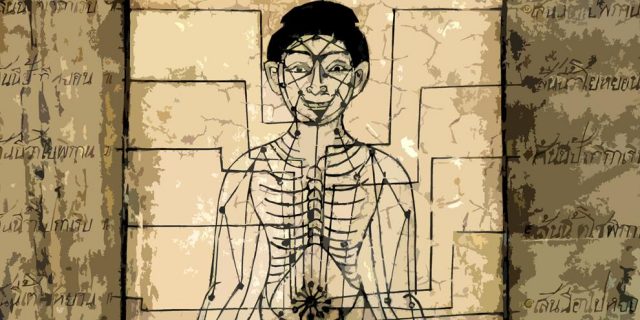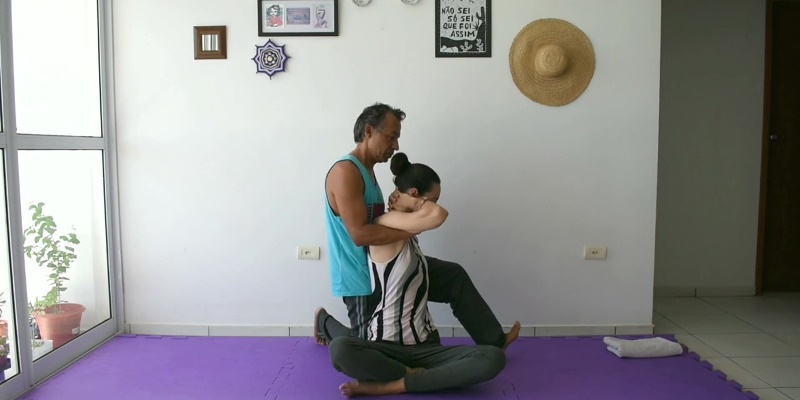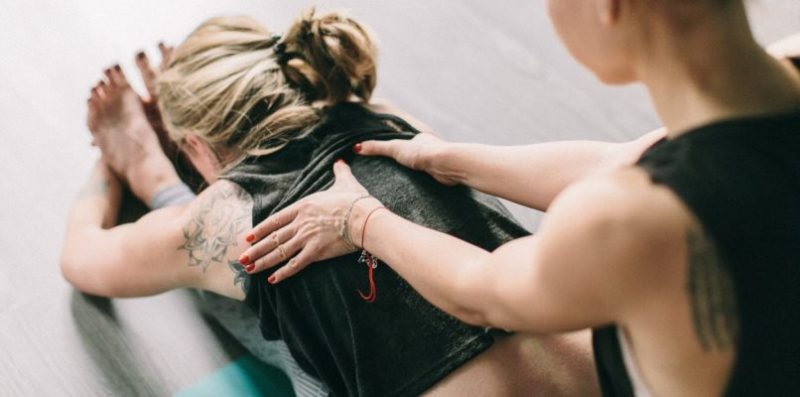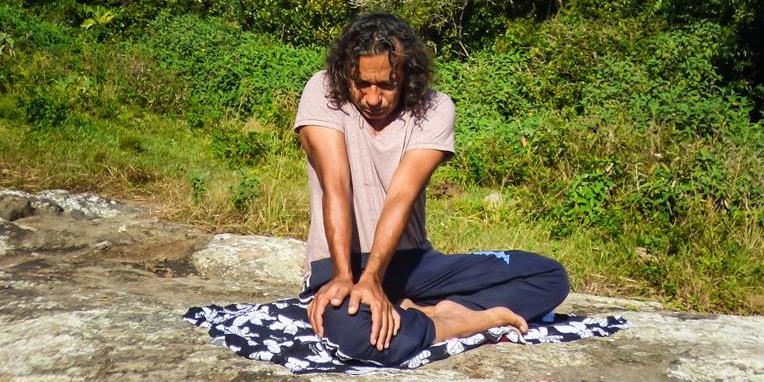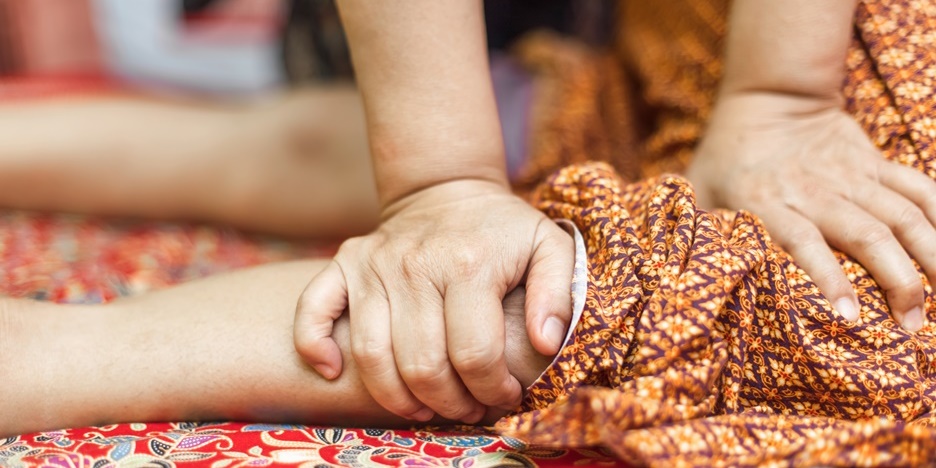
When you start studying Thai Traditional Massage you most probably learn a so-called Thai Massage sequence — a session routine.
This sequence is typically a fixed set of subsequent moves, actions, and techniques in order to realize an energy-balanced full body massage. Subsequently, there’s also a certain amount of time in which things are done, perhaps an hour or an hour and a half.

The sequence is generally good enough for starters, and every Thai Massage school or institution teaches its own set — has its own curriculum, and in most cases the differences between various beginners or foundation training courses are rather small.
In the past, let’s say before the 1960s, Thai Massage treatment sequences didn’t really exist. If you wanted to become a professional Thai Massage therapist you would sit for an undefined period at “the feet of the Thai Massage Master” and — watch, learn, practice, until you were “declared” ready by the teacher. One learned the “organic” way, which could take years.
Today, things have changed. We generally don’t have time to be a real apprentice — in the old fashioned style — and we want to become a therapist in no-time. The consequence of that is that we need to be drilled to learn a certain limited set of techniques, more or less robotically.
So, in our times, if you want to become a Thai Massage practitioner, it’s important to first learn a sequence, no matter what sequence — to practice it and master it. Fully. To be able to dream it and to be able to do it blindly, so to say. It will give you the necessary confidence and routine to take the next step, that is, to actually sense what a client really needs.
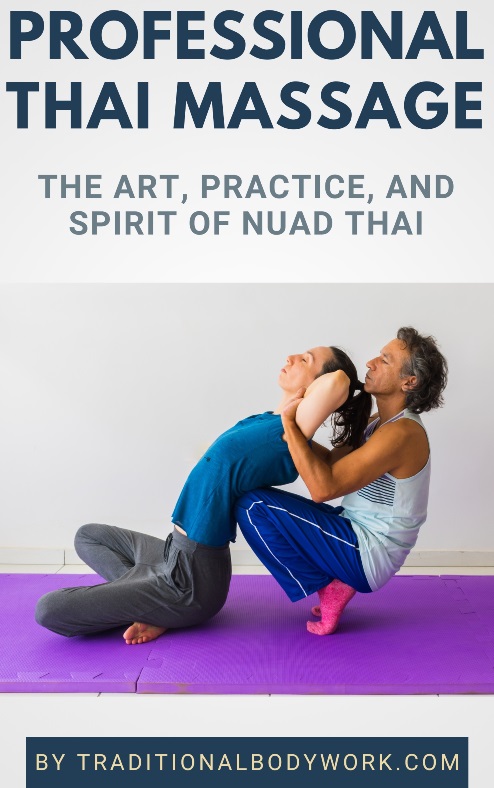
Yet, this will come much later after quite some real-life experience. Then, you will start skipping the order of techniques done, and emphasize certain other steps, reorder them.
Your sequence won’t follow a fixed pattern any longer — it will become more spontaneous, creative, uniquely depending on the client’s needs.
Ongoing, you will feel the urge to learn more, to understand more. To acquire more techniques and tools to tackle specific problems. To really help and support people. To be more versatile, more effective.
It will mean the beginning of your continuing education, and your lifelong commitment.



